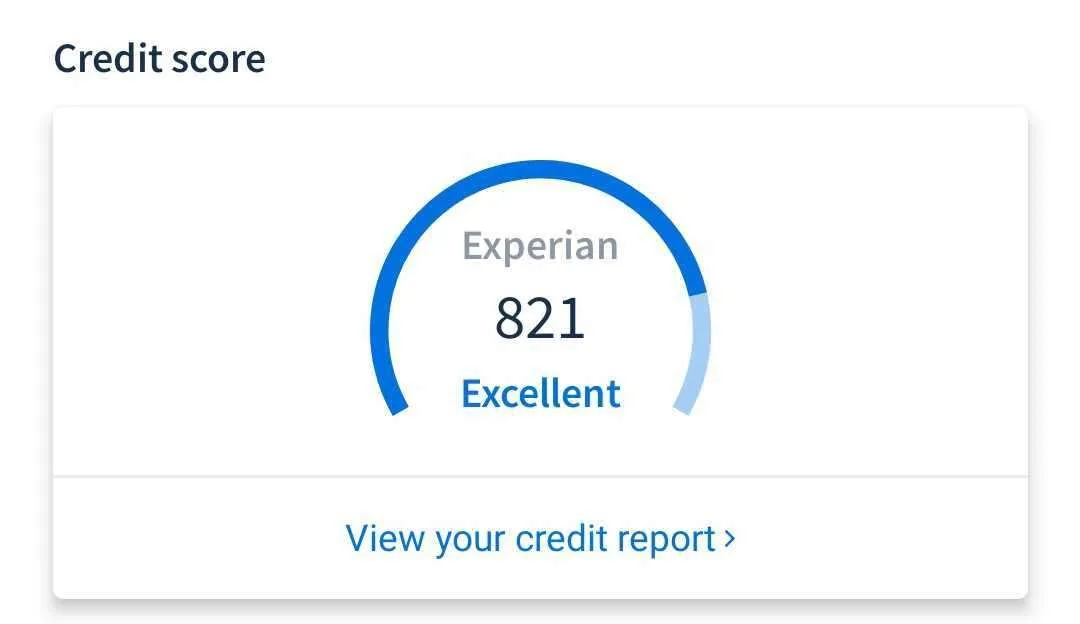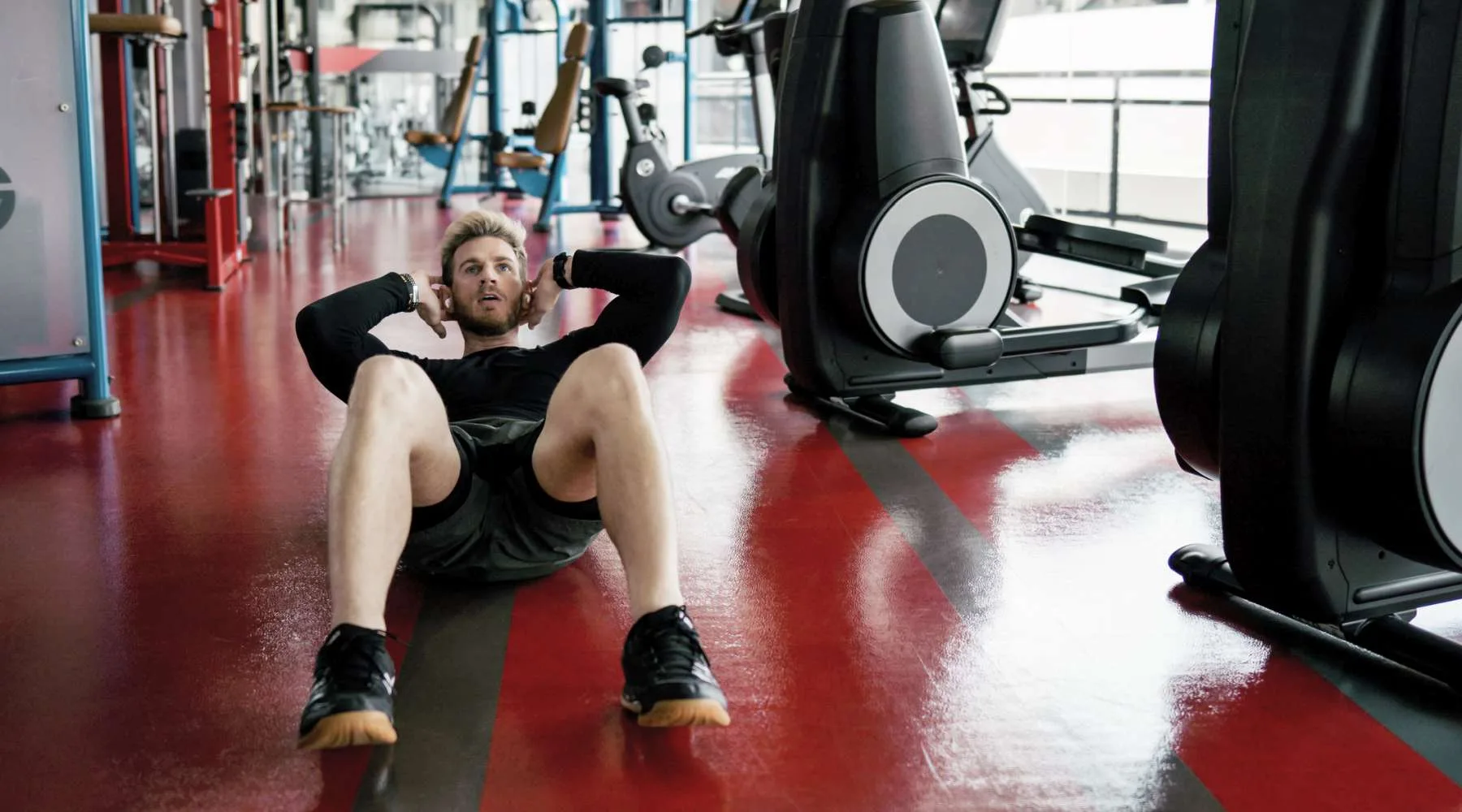Your credit score is a handy measure of your current money fitness. It's like your resting heart rate, but for your finances. And unlike your heart rate, the higher the number, the better.

Never thought about your credit score before? Don't worry, you're not alone. Finder research shows 72% of Australians don't know about credit scores.
Simply put, your credit score is a summary of your history as a borrower. Banks use it to help decide if you're eligible for credit cards, home loans, personal loans and other financial products. Having an excellent credit score could even help you negotiate a better deal when you apply for a loan.
How to get your credit score

Happily, finding your credit score is a lot easier than jumping on a treadmill to check your heart rate. You can get it for free through the Finder app.
Your score gets updated every month, so the app will update you every month with your current score. Any changes are noted: things like credit card application enquiries, late payments and new credit contracts (like a mobile phone) are all listed.
The app will keep you up to date of how your score is tracking. Plus, you can compare credit cards and personal loans and see which ones you are likely to be approved for. Think of the Finder app like a personal finance pedometer.
Just install the app then, from the main dashboard, tap on the Credit Score section to set yourself up. You'll need your passport or driver's licence to validate your identity before you can get your score. (It's a secure platform and your personal information is 100% safe.)
Once you're set up, you can easily see your credit score in the app. The credit agency that the Finder app uses is Experian, which has a scoring system from 0 to 1,000.

You may have heard that checking your credit score regularly will affect your score. This isn't true. Keeping an eye on your credit score just means you are aware of any changes that happen right away. It's a really good habit to check your score every month, so you can get on top of issues quickly if they arise.
What does my score mean? How can I improve it?

Installed the app and grabbed your score? Great! Now let's look at what it means, and how you can improve it if it's on the low side.
Credit scores are grouped into bands (not the resistance ones).
- Excellent: 800-1,000 Congratulations! If your credit score was your abs, you'd have a six-pack to be proud of. You've got a solid record as a borrower and banks are likely to be comfortable lending you money (they may even reward you with a rate discount). Your next steps? Make sure your savings and investment strategy is as strong as your score.
- Very good: 700-799 Your score is looking fine and getting approval for a credit card, personal loan or a mortgage should be fairly straightforward. Want to take it even higher? Try our tips for taking it into the top ranks.
- Good: 625-699 This credit score isn't unhealthy, but it could benefit from toning up. Some lenders may be picky about approving your finance application, so follow these steps to improve your chances.
- Fair: 550-624 Definitely time to take action with this score, so you can boost your odds of loan approval. It's not as hard as you think, so get started on boosting your credit score now.
- Weak: 0-549 Banks are not likely to have confidence in your ability to repay, so gaining approval for credit will be tough. It's time to head to the money gymnasium and get yourself sorted.
Remember: Your credit score isn't the only measure of your financial fitness, but it's important to keep track of it.
More classes and next steps
- Take more of our Get Money Fit classes and learn how to get your super working harder, do something else and winning ways with leopard print.
- Learn more about your credit score.
- Compare credit cards and see which ones you're eligible for right now.

